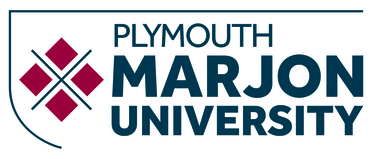Sense-making of educational policy and workforce supply for small schools in England
Ovenden-Hope, Tanya and Luke, Ian (2020) Sense-making of educational policy and workforce supply for small schools in England. In: Exploring Teacher Recruitment and Retention: Contextual Challenges and International Perspectives. Routledge, Taylor & Francis, London. ISBN 9780367076450
|
Text
Chapter9_Sense-making of educational policy and workforce supply for small schools in England.pdf - Accepted Version Restricted to Repository staff only Download (452kB) | Request a copy |
|
|
Text
Chapter9_Sense-making of educational policy and workforce supply for small schools in England v2.pdf - Published Version Restricted to Registered users only Download (738kB) | Request a copy |
Abstract
In this chapter, we explore the political context in which small schools in England function, and argue that the English education system appears to be designed for large urban schools and groups of schools (multi-academy trusts [MATs]) to the detriment of small schools (even potentially when part of a multi-academy trust). We consider three key areas of educational policy that could potentially have a negative effect on small schools: the development of varied school types (e.g., academy; local authority maintained) and the preference for large MATs; the national school funding formula and different expectations for school budget management by school type; and the statutory requirement for the same national school performance measures for all school types (regardless of size). We consider how we can ‘make sense’ of these key areas of educational policy in our understanding of small schools and their workforce supply. We discuss the challenges and opportunities that school type, funding and performance data create for small school leaders and school teachers. These challenges and opportunities are considered as a proxy for the attractiveness of working in a small school and therefore the way in which this affects recruitment and retention. We argue that a shift of government focus is required to address the current disadvantages experienced by small schools. Educational policymakers need to consider the specific contextual challenges, such as school size, and adjust standards and funding to reflect these: considering the often hidden ‘small is a failed big’ assumptions that can influence political decisions (Luke & Cade, 2017). For small schools to sustain and recruit a high-quality workforce, the removal of policy-related challenges is essential.
| Item Type: | Book Section |
|---|---|
| Depositing User: | Ms Raisa Burton |
| Date Deposited: | 29 May 2020 13:37 |
| Last Modified: | 10 Dec 2020 15:34 |
| URI: | https://marjon.repository.guildhe.ac.uk/id/eprint/17553 |
| Related URLs: |
https://www.rou ... k/9780367076450
(Publisher URL)
|
Actions (login required)
 |
Edit Item |

